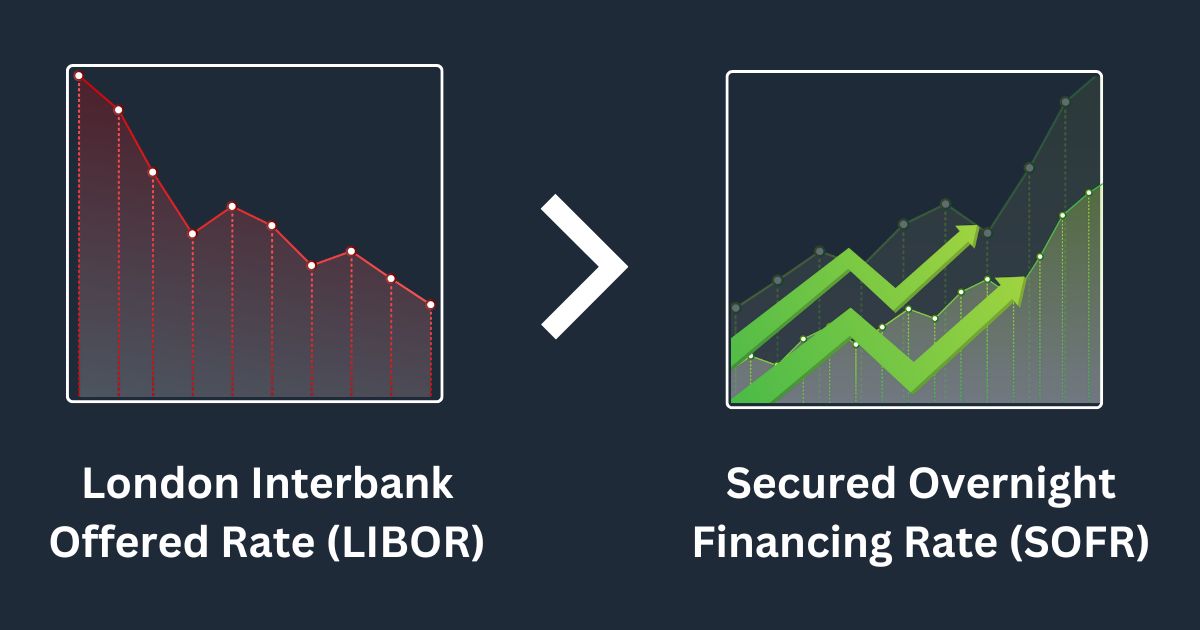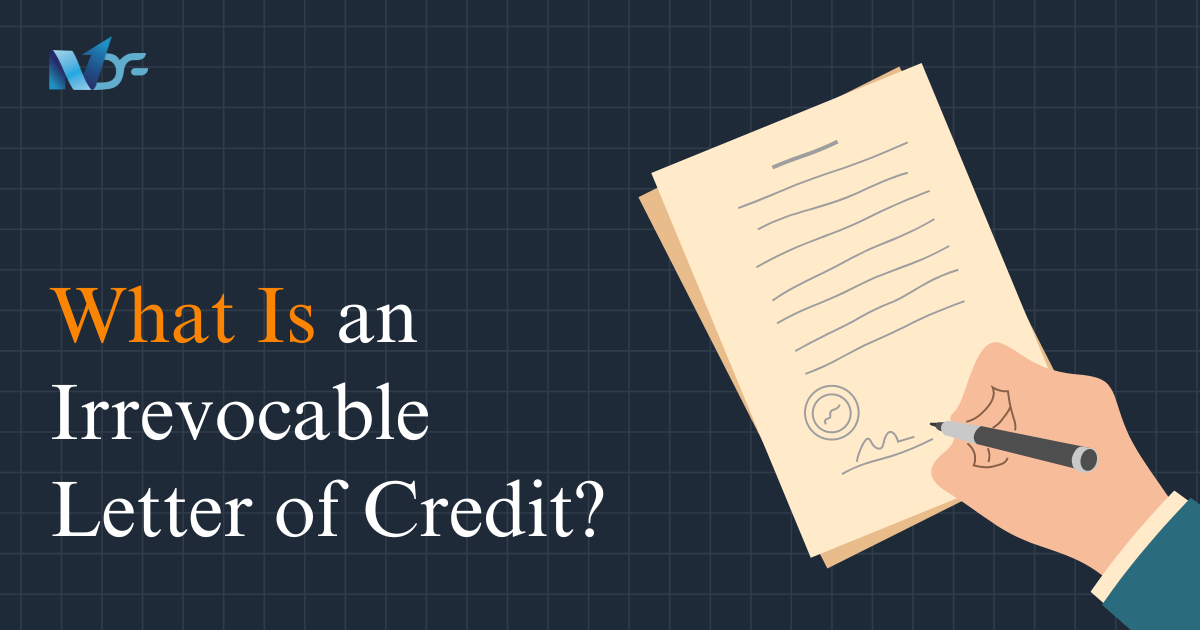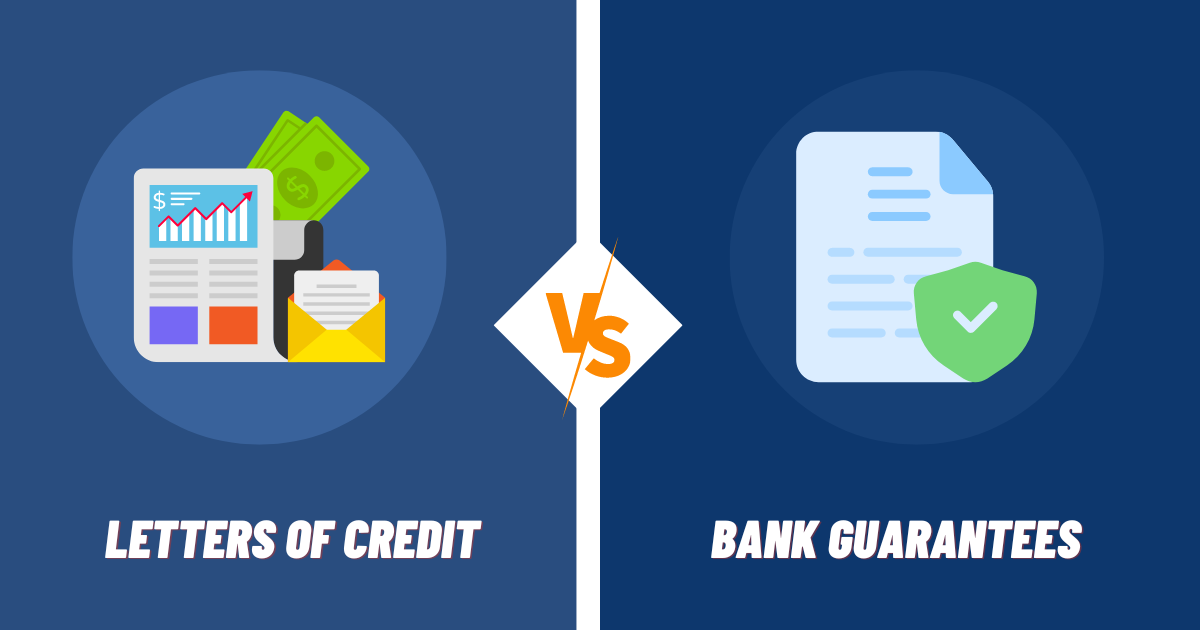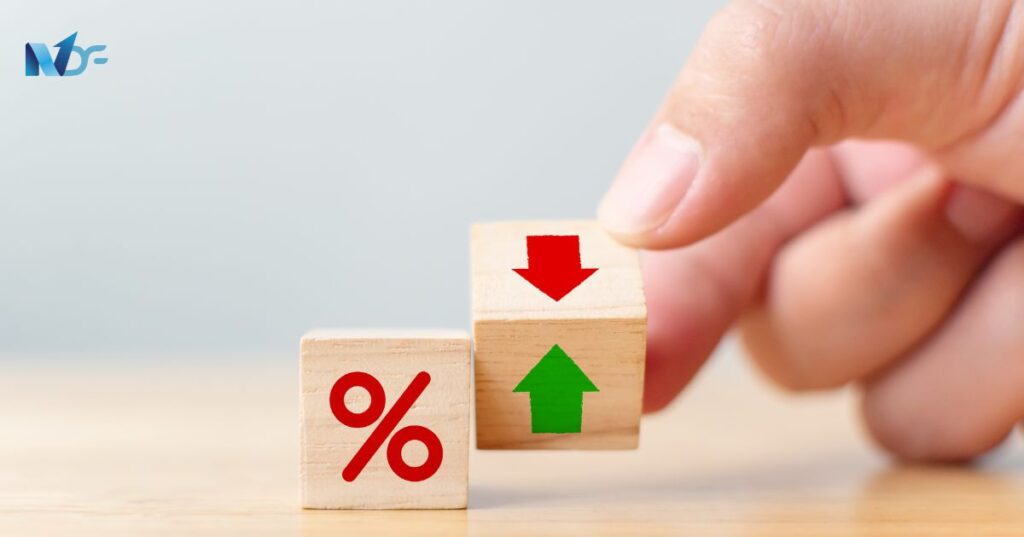It is certainly intriguing that a lot of people may not know about term loans despite these being the most popular business loans provided by Financial Institutions. From loans taken for an asset purchase, to money borrowed for business operations- term loans encapsulate all those loans with a fixed repayment schedule.
Let us understand the term loan definition and its meaning, the different types of term loans provided by banks and NBFCs, and which one is better for you while you apply for a term loan.
What is Term Loan? Meaning & Definition

A term loan is a type of business loan that must be repaid within a specified duration of time. The period for repayment is called the loan tenure. The loan amount is sanctioned at a specified interest rate by Banks or NBFCs.
Such loans usually have a fixed term and repayment schedule with the payment for the principal loan amount and the interest being made either through an equated monthly instalment, through equal quarterly instalments, or equal semi-annual instalments.
These loans are generally taken for either capital expenditure like investment in fixed assets or to optimise the cash flow of the business.
Types of Term Loans
Term loans could be classified based upon the tenure of the loan-
1. Short-term loans.
A short-term loan is taken for tenure of less than a year. However, some lenders may extend the tenure of the loan to 36 or 48 months. The interest rate on these term loans is usually higher than loans of other tenors.
These are generally taken to address a company’s cash flow requirements and are paid for monthly.
The monthly payments consist of both a part of the principal loan amount, and the interest on the outstanding loan amount.
2. Intermediate term loans.
An intermediate term loan is taken for a tenure of 2 to 10 years. The interest charged on these term loans is generally lesser than short-term loans.
These term loans are taken to invest in assets that do not have a long life span. These could be used to purchase equipment, or for any other revenue or capital expenditure.
3. Long-term loans.
A long-term loan is taken for investment in fixed assets. The loan tenure of a long-term loan ranges from 10 to 30 years.
Long-term loans may also have an initial grace period in the repayment schedule with an option for balloon payments at the end of the loan term. Such loans may also be called balloon loans and the balloon payment at the end may solely consist of the principal repayment.
Must Read: Term Loan vs Overdraft Facility: Meaning, Pros and Cons
Types of Term Loan based on collateral:
A term loan could also be classified based upon whether it is secured or unsecured.
Secured term loans
These are term loans with collateral security. The collateral decreases the financial risk for the lender, and hence, a secured term loan may have a higher loan value and a lower interest rate. This reduces the servicing burden of the borrower.
Secured loans do not alter the ownership structure of the asset pledged and also bring down the total cost of the loan for the borrower. However, restrictive covenants may be put in place by the lender for a secured term loan.
Secured loans could have a fixed or floating interest rate.
Unsecured term loans
These are term loans without any collateral security. Since collateral is not required for these term loans, they have higher interest rates because of the credit risk involved.
These loans are most suitable for small businesses that do not have any asset to be pledged as collateral.
Due to the credit risk involved, the unsecured term loan eligibility criteria is strict and borrowers with a good business plan are preferred by the lenders.
In case an unsecured term loan is sought for financing operations, various factors like the past financial performance of the business, its credit score, and the loan repayment capacity of the business are taken into account.
Unsecured term loans may have fixed or floating interest rates.
Also read: Difference Between Secured and Unsecured Loan
Documents required for a term loan

The following documents may be required while applying for term loans-
1. Identity Proof- Aadhaar Card, PAN Card, Driving License, Voters’ ID Card.
2. Address Proof- Utility Bills, Lease Agreement/Rent Agreement, Trade License (wherever applicable).
3. Registration Certificate- GST Registration Certificate, Udyam Registration Certificate.
4. Financial Statements- Income Tax Returns of the past 2 years, CA-audited Balance Sheet and Profit and Loss Statement, GST Returns.
Which type of term loan is better for you?
While there are several types of term loans available to a borrower, each type of term loan has its unique suitability.
1. Short term loans are more suitable to address cash flow requirements of a firm. These are small loans and the interest rates are comparatively higher than intermediate term loans and long term loans. Due to their easy application process and quick disbursal, they are popular among small businesses for managing operation costs.
2. Intermediate term loans are usually taken to purchase equipment or other fixed assets. The rate of interest on this type of business loan is lower than that of a short term loan. Even though these term loans offer lower interest rates, the total interest payment may be high because of a long period for repayment.
3. Long term loans are usually taken for business expansion and are suitable for long term financing requirements. A long term loan offers the lowest rate of interest and the highest loan value among the three but may require an asset to be pledged as collateral.
Suggested Read: What is Overdraft Facility
Factors to keep in mind while applying for a term loan

While a term loan could taken as a personal loan for business operations or expansion, it is better that business owners apply for a term loan through the business entity. This is because the repayment terms of a business loan are more attractive than personal loans, including a lower rate of interest.
Another factor for consideration is whether the term loan has a fixed rate or a floating interest rate.
A fixed rate loan insulates the business from the market cycle of interest rate revisions.
On the other hand, floating rates are more in sync with the prevalent interest rates in the market and may be more lucrative than fixed rates if the repo rate is low.
You may Also like:
- Demand Loan vs Term Loan: A Quick Comparison
- Secured vs Unsecured Business Loan: Know Differences
- 70+ Best RBI Approved Loan Apps In India [2023]
- Business Loan Eligibility Criteria in India- Essential Factors
- Business Loan vs Equity Financing: Which one is better for your business?
FAQs
What is a term loan?
A term loan is a type of loan with a fixed schedule for repayment. It could either be secured or unsecured with collateral. A term loan could be a business loan, a personal loan, or a home loan.
What are the 3 types of term loan?
The three types of term loans are- a short-term loan, an intermediate-term loan, a long-term loan.
Is term loan good or bad?
Term loans are usually good because of a fixed duration for repayment. They also offer lower interest rates than other types of business loans. The repayment terms for the loan also removes ambiguity.
Is term loan an asset?
No, a term loan is not as asset but a liability since the amount borrowed must be paid back as per the repayment schedule.
What is the difference between a term loan and a loan?
A term loan is a subset of loan.
















